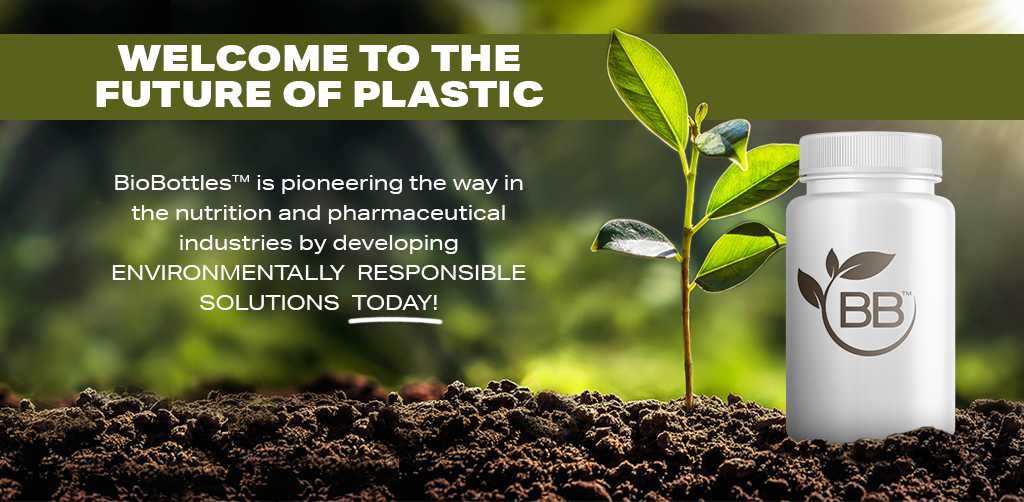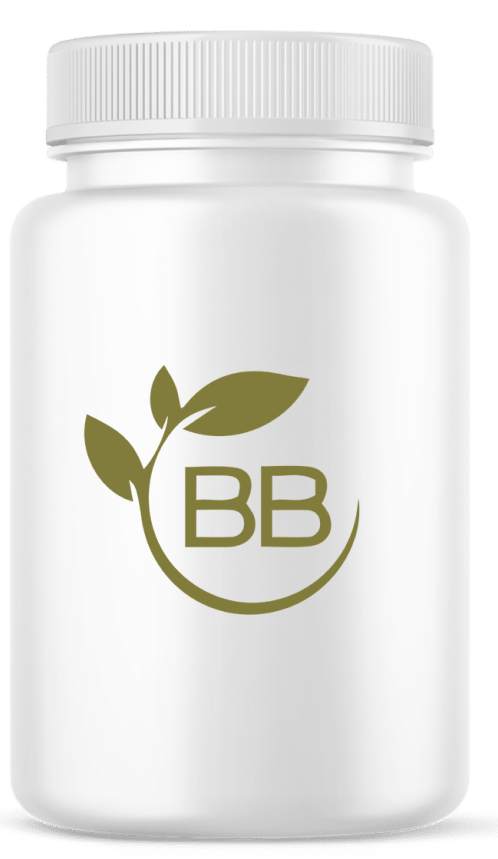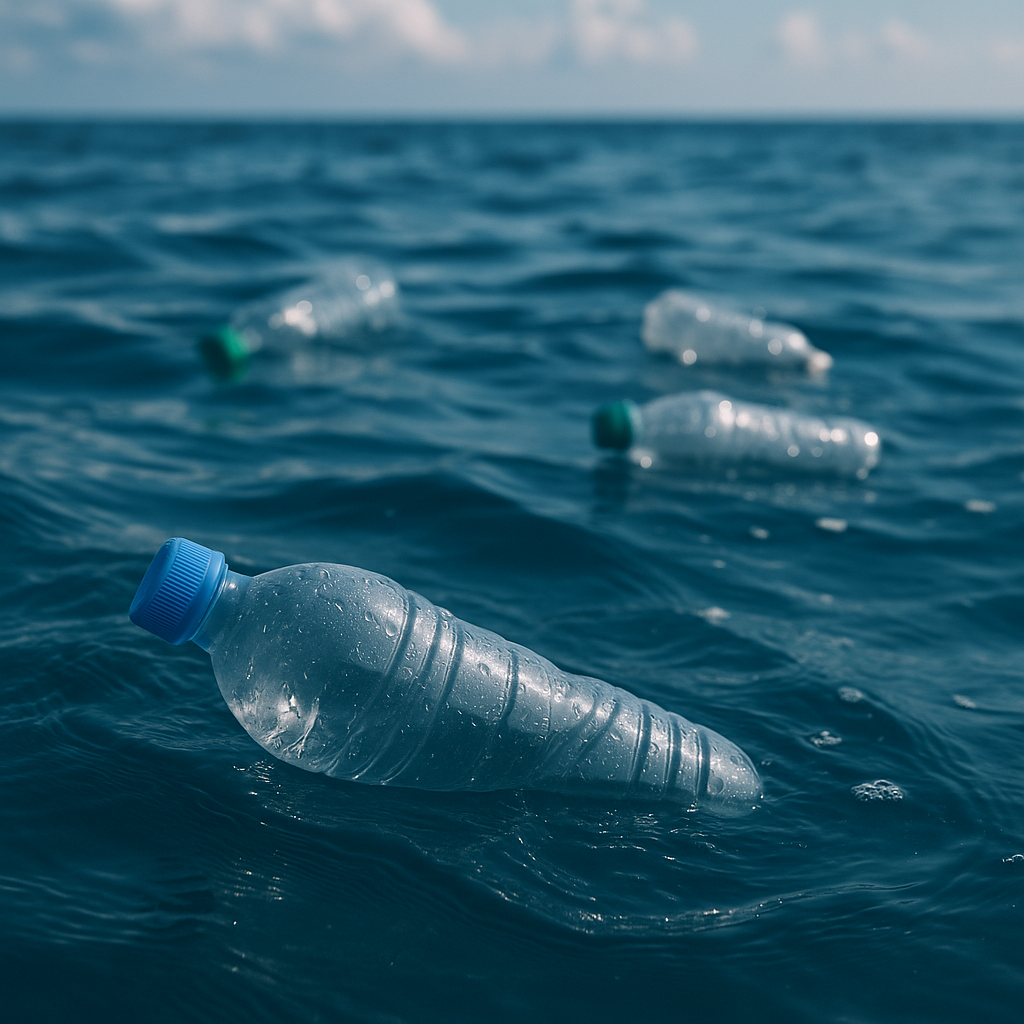Understanding BioBottles™ in Waste Management
BioBottles™ represent a revolutionary advancement in sustainable packaging, specifically designed to address the challenges faced by the junk and debris industry. These innovative containers utilize biodegradable materials that break down efficiently in landfill environments, reducing long-term environmental impact while maintaining the durability required for industrial applications.
Technical Specifications
Material Composition
- • Biodegradable polymers (PLA, PHA, or starch-based)
- • Organic additives for accelerated decomposition
- • Reinforcement materials for structural integrity
- • UV stabilizers for outdoor storage applications
Decomposition Timeline
- • Initial breakdown: 6-12 months in active landfill
- • Complete decomposition: 18-36 months
- • Temperature-dependent degradation rate
- • Moisture-accelerated breakdown process
Physical Properties
- • Tensile strength: Comparable to traditional plastics
- • Impact resistance: Suitable for industrial handling
- • Temperature tolerance: -20°C to 60°C
- • Chemical resistance: Compatible with common waste streams
Landfill Compatibility
- • Optimal decomposition in anaerobic conditions
- • Methane production during breakdown
- • Reduced leachate contamination risk
- • Compatible with landfill gas recovery systems




